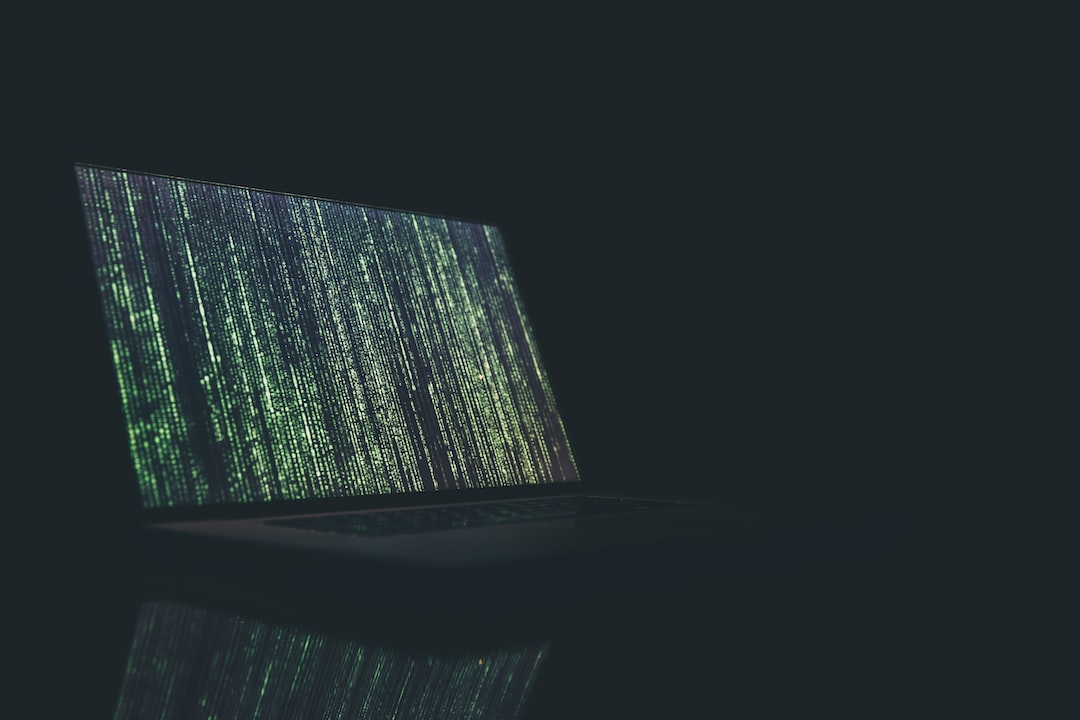The Role of Internet in Political Activism: From Hashtags to Movements
In the era of social media dominance, the internet has emerged to be a powerful tool for political activism. From hashtags to online campaigns, the internet has revolutionized the way people engage with politics and raise their voices about pressing concerns. This blog post will explore the role of the internet in political activism, emphasizing its ability to mobilize people, create awareness, and foster social change.
One of the most prominent ways the internet has transformed political activism is through the popularization of hashtags. A mere combination of words preceded by the pound symbol has become a symbol of unity and protest in the digital age. Hashtags have made it easier for people to express their opinions, rally support, and create virtual communities around specific causes. For instance, the #BlackLivesMatter movement gained global recognition and played a pivotal role in spreading awareness about racial inequality and police brutality. By creating a platform for discussions, organizing protests, and sharing news, hashtags have bridged the gap between digital conversations and real-world actions.
The internet has also enabled marginalized communities to voice their concerns, which may have otherwise been silenced. Individuals who were previously sidelined in the traditional media sphere have found solace and empowerment on social media platforms. Their stories, experiences, and demands can now be amplified to reach a wide audience, sparking conversations and igniting change. For instance, the #MeToo movement served as a catalyst for addressing sexual harassment and assault, empowering survivors to share their experiences and demand accountability from perpetrators. The internet has given a voice to the voiceless, providing a platform for those who were previously overlooked or ignored.
Moreover, the internet has revolutionized political campaigns, allowing individuals and organizations to connect with supporters and raise funds in a more efficient and cost-effective manner. It has disrupted the traditional campaign strategies, breaking the monopoly of big corporations and wealthy individuals. Through online platforms, political candidates can directly engage with voters, share their policy agenda, and mobilize support. Small donations from a large number of people have become a viable alternative to large contributions from a few individuals. This ensures that political campaigns are not solely reliant on big money, thus leveling the playing field for a more diverse range of candidates.
The internet has also played a crucial role in organizing large-scale protests and demonstrations. Platforms like Facebook, Twitter, and WhatsApp have been instrumental in planning, coordinating, and disseminating information about protests worldwide. This has allowed activists in different parts of the world to connect, share strategies, and derive inspiration from one another. The Arab Spring movements that swept across the Middle East and North Africa exemplify the internet’s influential role in mobilizing people and fostering political change.
However, it is important to acknowledge that the internet’s impact on political activism is a double-edged sword. While it provides a platform for democratic expression, it can also facilitate the dissemination of misinformation and hate speech. Social media echo chambers can reinforce existing biases and polarize society further. Moreover, internet censorship and surveillance in some countries restrict the ability of activists to use the internet as a tool for political change.
In conclusion, the internet has revolutionized political activism by providing a platform for expression, mobilization, and organization. From trending hashtags to online campaigns, the internet has created virtual spaces for marginalized communities and individuals to voice their concerns and raise awareness about social issues. However, it is crucial to address the challenges posed by misinformation and governmental control to ensure the internet remains a force for positive change. The role of the internet in political activism will continue to evolve, and its impact on society is one that warrants further examination and exploration.
